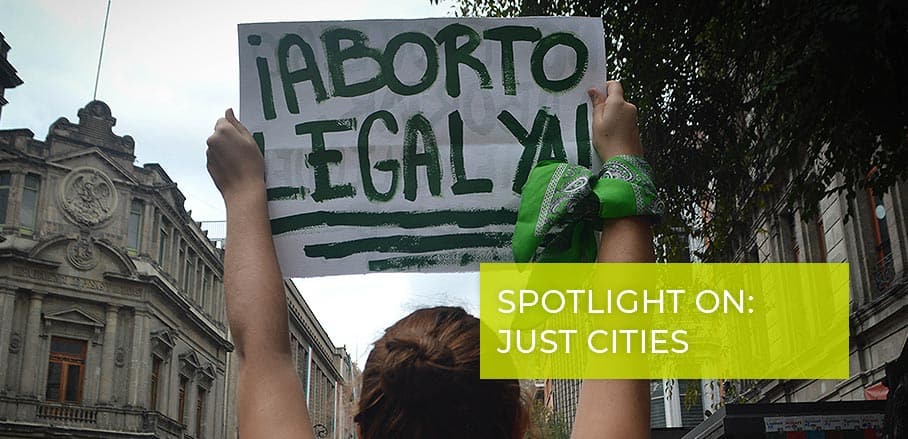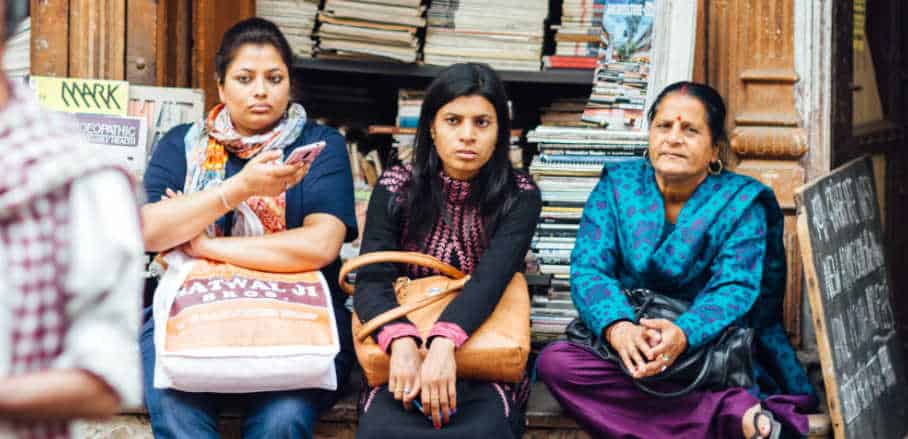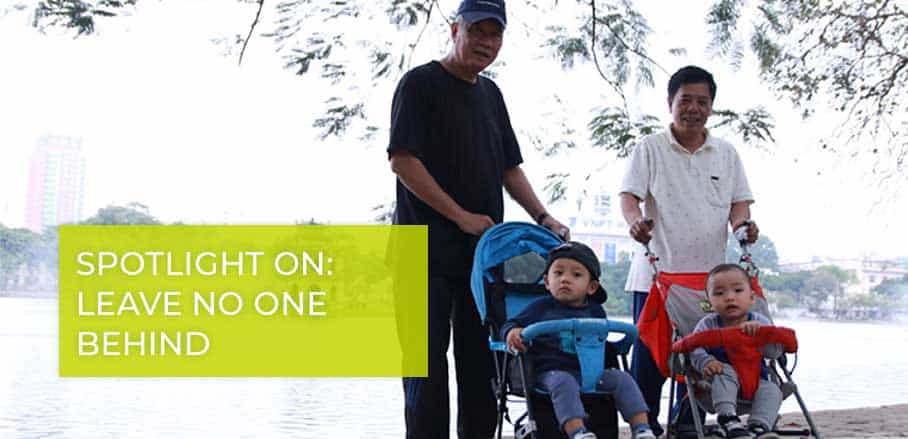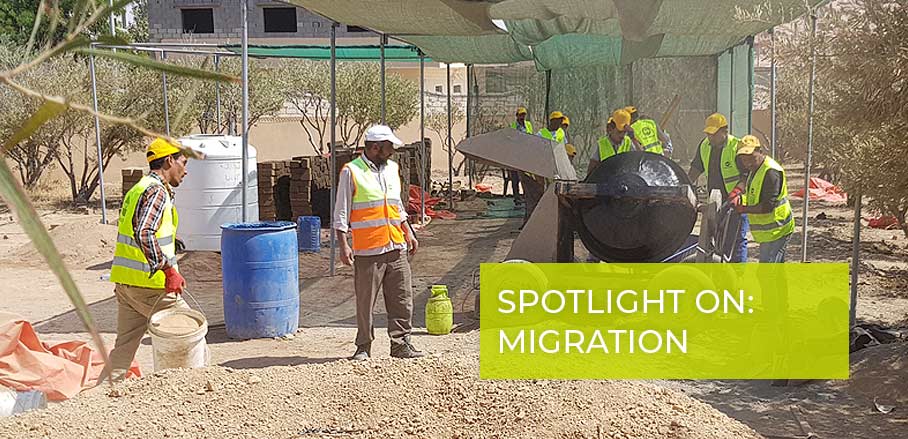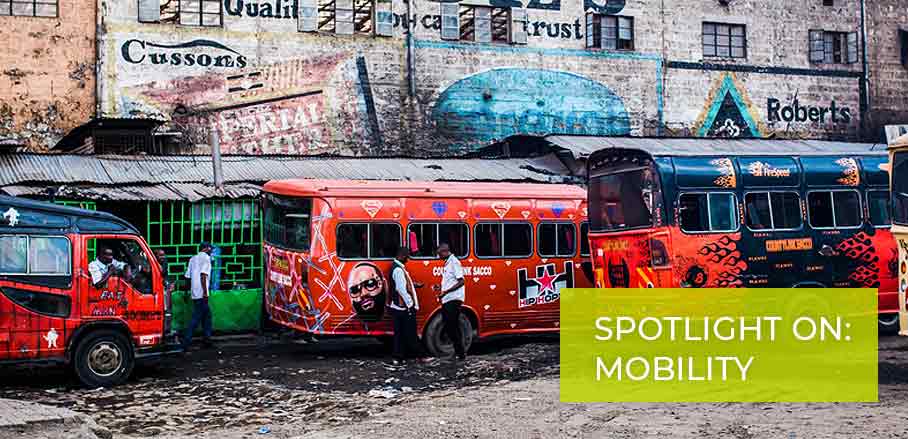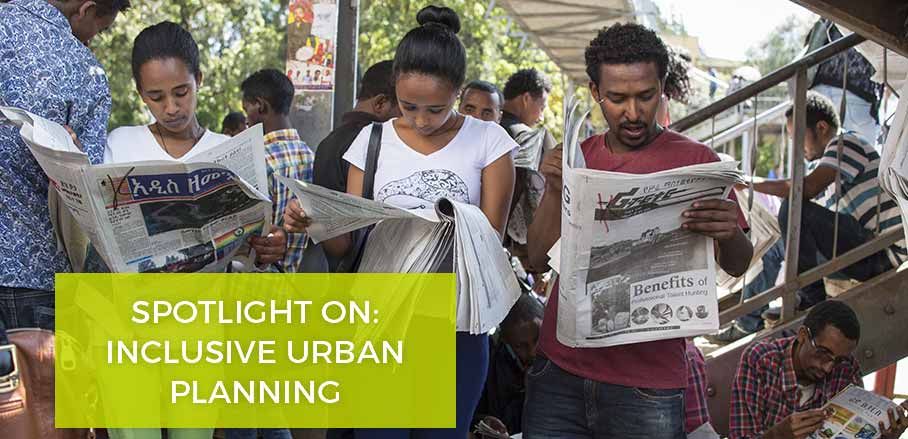Struggling for Reproductive Justice in Public, Private, and In-Between: Feminist Abortion Activism Beyond the Streets of Buenos Aires
When thinking about political activism in urban settings, feminist strategies for increasing access to safe abortion provide important insights into how different kinds of spaces can be used for political action — particularly when it comes to issues that cannot be fully addressed through public protest. Discussing strategies of abortion activism in Buenos Aires, Argentina, Lea Happ illustrates why we have to think about private and digital spaces as important for political action.
